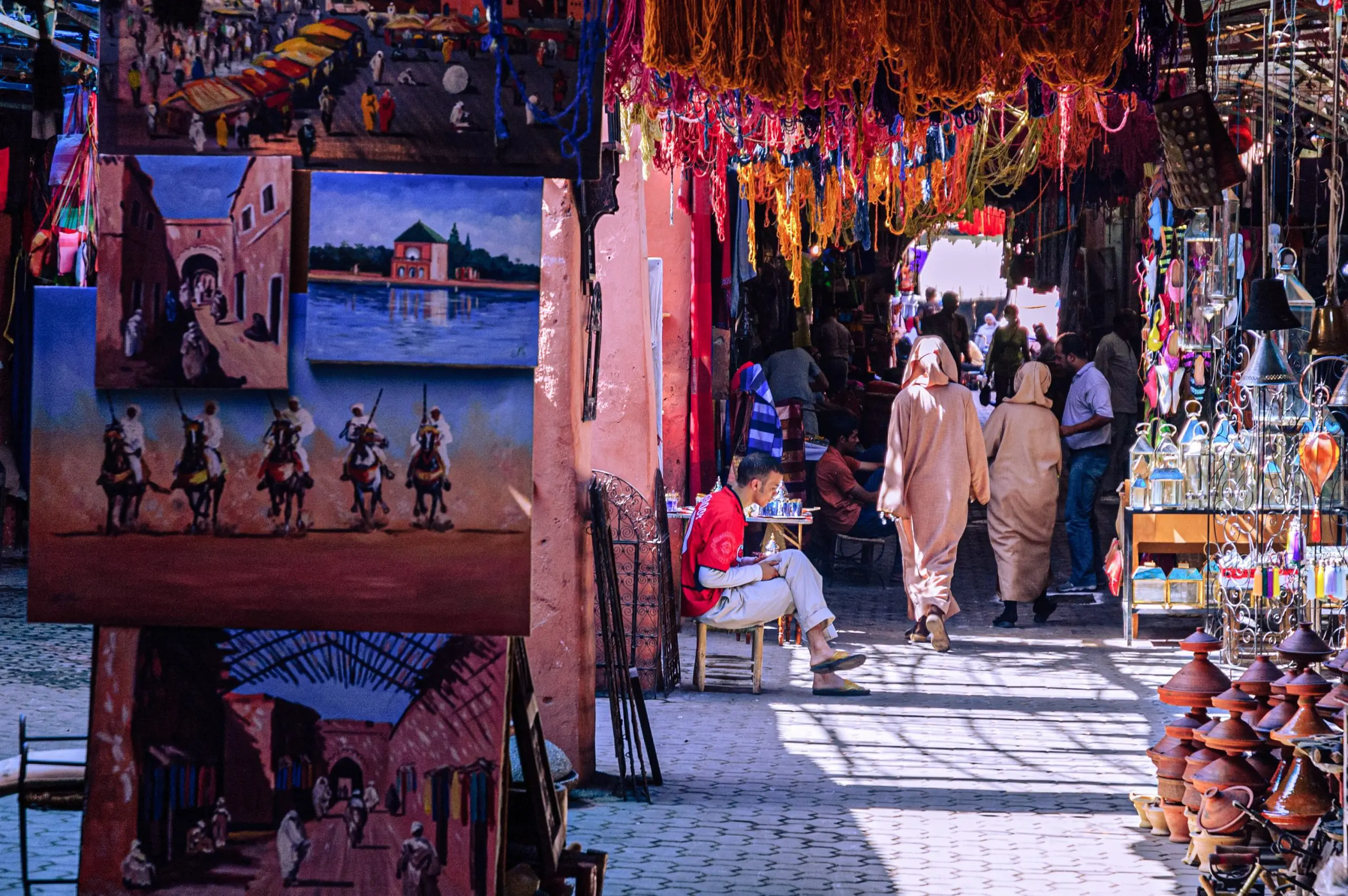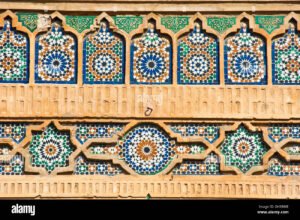Is Morocco Safe to Travel? Essential Safety Tips and Advice for Tourists
Morocco is a land of contrasts, where ancient traditions blend seamlessly with modern influences. From the bustling souks of Marrakech to the vast, golden dunes of the Sahara, the country offers a rich and immersive experience for travelers. Its vibrant cities, stunning landscapes, and warm hospitality make it an attractive destination for those seeking adventure, culture, and relaxation. However, many travelers ask the same question before booking their trip: Is Morocco safe to travel? The answer is yes—Morocco is generally a safe country for tourists, but like any destination, it comes with specific considerations. Understanding local customs, being aware of potential risks, and taking a few precautions can ensure a smooth and enjoyable journey. This guide provides a detailed look at safety in Morocco, covering everything from common travel scams to health precautions and cultural etiquette. Whether you're exploring historic medinas, hiking in the Atlas Mountains, or relaxing in a luxury riad, these safety tips will help you make the most of your trip. Our team is here to assist you. Contact us on WhatsApp for more information.1. Is Morocco Safe to Travel? Understanding the Reality for Tourists
Morocco is one of the most visited countries in Africa, attracting millions of tourists each year. While minor crimes like pickpocketing and scams can occur in crowded areas, violent crime against tourists is rare. Most visits to Morocco are trouble-free, provided travelers exercise common sense and follow local advice.Safety in Major Tourist Areas
- Marrakech, Fes, Casablanca, and Tangier are generally safe but require extra caution in crowded markets and public spaces.
- Chefchaouen and Essaouira are known for their relaxed atmosphere and are considered very safe for tourists.
- Rural areas and small villages tend to have lower crime rates, but travelers should respect local customs.
2. Common Scams and How to Avoid Them
Tourist hotspots in Morocco are known for their lively atmosphere, but they also attract scammers. Recognizing common scams can help you avoid unnecessary hassle.Fake Tour Guides
Unofficial guides may offer to show you around but demand payment afterward. To avoid this, only hire licensed guides through your hotel or a trusted agency.Overpriced Taxis
Some taxi drivers refuse to use the meter and overcharge tourists. Always agree on a price before the ride or insist on using the meter.Henna Artists in Jemaa el-Fnaa
In Marrakech, some henna artists start painting on tourists’ hands without consent and then demand payment. If you want henna, choose a salon or negotiate the price upfront."That Street is Closed" Trick
Some locals may tell you that a road or tourist site is closed, offering to lead you elsewhere—often to a shop they want you to visit. Always check maps and trust official signage.3. Is Morocco Safe to Travel and Walk at Night?
Morocco’s cities come alive at night, but travelers should take precautions when exploring after dark.- Stick to well-lit streets and areas with plenty of people.
- Avoid walking alone in quiet areas, especially in medinas where alleys can be confusing.
- If staying out late, arrange transport back to your accommodation in advance.
4. Safety for Solo Female Travelers in Morocco
Morocco is safe for solo female travelers, but women may receive more attention than in Western countries. While most interactions are harmless, some women find persistent attention uncomfortable.Tips for Female Travelers
- Dress modestly, covering shoulders and knees to blend in and minimize unwanted attention.
- Walk confidently and avoid engaging with overly persistent strangers.
- If feeling uncomfortable, enter a café or shop where staff can assist.
- Consider joining a guided tour for added security and convenience.
5. Health and Hygiene: Food and Water Safety
Travelers may experience digestive issues if they are not used to local food and water.- Water: Stick to bottled or filtered water and avoid ice cubes in drinks.
- Street Food: Choose busy stalls with high food turnover to ensure freshness.
- Fruits and Vegetables: Wash them thoroughly before eating or opt for peeled options.
6. Staying Safe in Moroccan Cities – Is Morocco Safe to Travel?
Navigating the Souks and Medinas
- Keep wallets, passports, and phones in a secure, zipped bag.
- Be polite but firm when declining persistent sales offers.
- Learn a few basic phrases in French or Arabic, which can help in negotiations and general interactions.
Using Public Transport and Taxis
- Use only official taxis, and confirm the fare before starting the ride.
- Consider hiring a private driver for long-distance travel.
- When using trains or buses, keep an eye on luggage, as theft can occur in crowded stations.
7. Cultural Awareness and Respect
Respecting Moroccan culture enhances your travel experience and helps build positive interactions with locals.- Dress modestly, especially in religious sites and rural areas.
- Avoid public displays of affection.
- Ask for permission before taking photos of people, especially in traditional communities.
8. Essential Travel Safety Tips for Morocco
- Purchase travel insurance to cover medical emergencies and theft.
- Use ATMs inside banks for added security.
- Stay updated on local news and avoid political discussions in public.
- Trust your instincts—if a situation feels uncomfortable, leave immediately.
Final Verdict: Is Morocco Safe to Travel?
Yes, Morocco is safe for travelers who take standard precautions. While scams and petty theft can occur, they are avoidable with awareness and preparation. The country's rich culture, breathtaking landscapes, and welcoming people make it a rewarding destination for those looking to explore North Africa. By respecting local customs, staying vigilant in crowded areas, and planning ahead, visitors can enjoy everything Morocco has to offer—from the Sahara Desert to the bustling streets of Fes. Whether traveling solo, as a couple, or with family, Morocco promises an unforgettable experience.Quick Travel Planning Tips
- Best Time to Visit: March-May and September-November for mild weather.
- Currency: Moroccan Dirham (MAD). Cash is preferred in many areas.
- Visa Requirements: Many nationalities can enter visa-free for up to 90 days.
- Emergency Contacts: 19 (Police), 15 (Ambulance).









